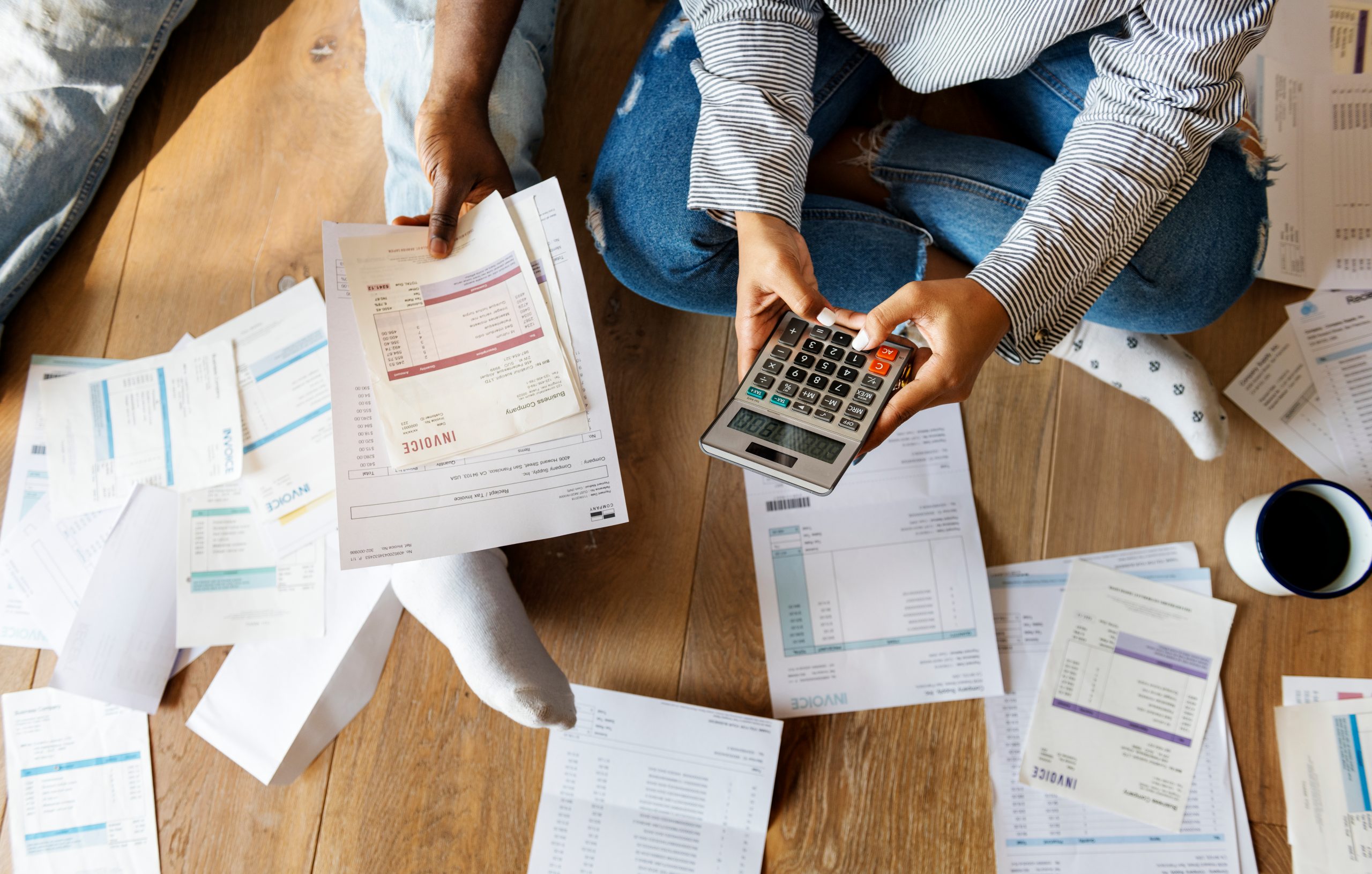Household Bills
Urgent action needed to avoid a ‘hangover of household debt problems’

Millions of people were already struggling with debt including council tax and energy bill arrears before the current cost-of-living crisis began.
Last year, council tax was the most common bill to be in arrears, with 37% of people behind, compared to 30% in 2019.
The average amount owed in unsecured debt was £11,176, according to a charity report.
In 2021, 28% were in arrears on their electricity bill and 23% on their gas bill. In comparison these figures were 17% and 13% respectively in 2019, before the pandemic hit.
Since 2021, affordability has worsened for many with soaring inflation, a raft of price rises including an average £66 council tax increase, plus hikes to energy, water, fuel, and food bills.
As so many people were already experiencing debt problems, the current crisis is only expected to exacerbate the issue.
The figures are from clients contacting StepChange in 2021. It was contacted by around half a million new people seeking debt advice and guidance in 2021.
Its website had almost six million visits. These were largely the same as the numbers contacting the charity in 2020.
Debt struggles were already a problem before 2022
The number of people wanting debt advice who had children rose to 45%, from 42% in 2020, 35% were private renters, and credit card debt was the most common form of unsecured debt, which 66% had built up.
Half of those contacting the charity received at least one benefit, excluding child benefit, and 52% were in employment.
Poor mental health was experienced by 39% of those contacting the charity and over half also had a vulnerability. Of those, 13% had either depression or stress and anxiety, 7% a physical disability, 6% suicidal tendencies, and 5% were experiencing domestic violence.
Geographically, around one in every 250 people in the Northeast sought help from the charity, compared to one in 333 in London. Those living in London and the Southeast made up around 25% of the people asking for help.
Government must halt debt enforcement for vulnerable households
StepChange is calling on the government to take action to help those in problem debt.
It said a start would be pausing deductions and halting debt enforcement and the use of bailiffs when vulnerable households are unable to pay priority bills.
While there has been some help offered by the government, many organisations have said it does not go far enough. The £150 council rebate, for example, will not reach all of those struggling to pay this bill because it’s only going to those living in band A to D properties.
We also revealed that it can also be used to pay for arrears and banks could offset the amount against overdrafts.
Action now will prevent economic problems in the future
Several groups have called on the government to increase benefits and use this system to help low-income households.
Richard Lane, director of external affairs at StepChange, said: “It’s impossible to look at the characteristics of our clients and their debts in 2021 and not conclude that more help is needed.
“Debt advice services this year are going to be vital to help people navigate their best options for managing a difficult situation – but the Government needs to implement better structural support, too.
“The numbers speak for themselves. To avoid a prolonged hangover of household debt problems that will hamper society and the economy for years, the Government needs to take additional steps.”